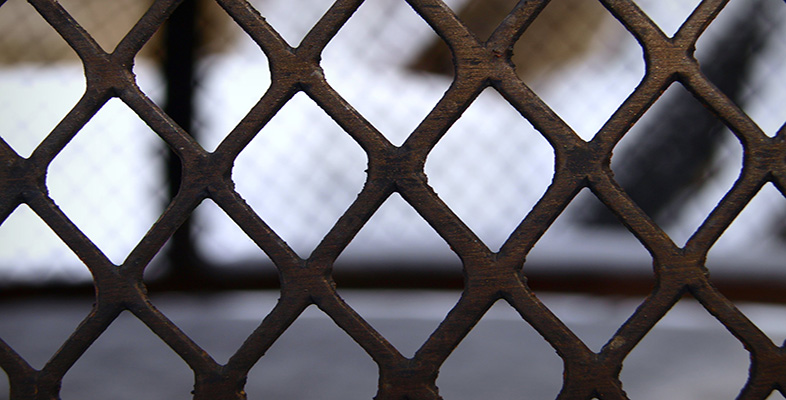3.3 Is THB a human rights issue?
THB is usually committed by private persons or groups of individuals. Individuals cannot be directly liable for violations of human rights. Therefore, traffickers cannot be responsible for breaching a victim’s human rights. The perpetrators can be liable for breaches of criminal law (within one or many states), laws related to transnational organised crime, immigration laws and employment laws.
However, THB has a strong human rights dimension. Firstly, THB can amount to a human rights violation if it can be shown that a state was complicit in committing THB. For example, this requirement may be satisfied in cases of corrupt governmental officials who facilitate or are involved in THB. Secondly, even in the absence of direct state involvement, THB may still give rise to state responsibility for human rights violations. States have a positive duty to take appropriate measures or to exercise due diligence to prevent, punish, investigate or redress the harm caused by acts committed by private persons, which impair the enjoyment of human rights; these are enshrined in international human rights conventions (UN Human Rights Committee, 2004, para. 8). This means that it is not enough for states merely to acknowledge their obligations stemming from human rights instruments – they need to take active steps to ensure the enjoyment of human rights of all persons within the state’s jurisdiction. If a state fails to take measures to prevent trafficking, or to protect victims or potential victims, it may be found in violation of its human rights obligations.
Box 6 Is THB a human rights violation?
It is incorrect to say that people trafficking is a breach of human rights for the same reason that it is incorrect to say that 2+2=5: because it is wrong and there is an inherent good in getting things right. (…) THB is usually a private criminal act or enterprise- one or more private citizens are involved in the recruitment and transport of the victim, the trafficker (or somebody else) takes physical control over the activities and movement of the victim, and they (or somebody else) then exploit the labor of the victim for their own gain. In the absence of state involvement, for instance through complicity or neglect, it is hard to see why THB is anything more than a crime just like, say, murder, or theft. This is in no way to belittle the seriousness of THB and the harm it causes to victims. Nevertheless, human rights obligations are owed by States, not traffickers, murderers and car thieves. (…)
Why does this matter?
I suggest that there are two very good reasons why we should be as clear as possible about what, legally, is happening when THB occurs. The first is the conceptual one. It is undesirable to assert that a particular practice, however obnoxious and damaging to its victims, is a breach of human rights if it is not. Many writers argue vehemently and persuasively that THB breaches human rights but none appears to overcome the dilemma that we are dealing with a crime, just like murder, theft and speeding. I would suggest that the reason alone is sufficient justification for reconsidering how we, as lawyers, perceive THB. But there is another reasons, a very pragmatic one, why we should treat THB primarily as a crime. By recognising what is going on, we can perhaps use existing law more effectively as well as focusing resources for, and efforts towards, law reform and development more successfully.
